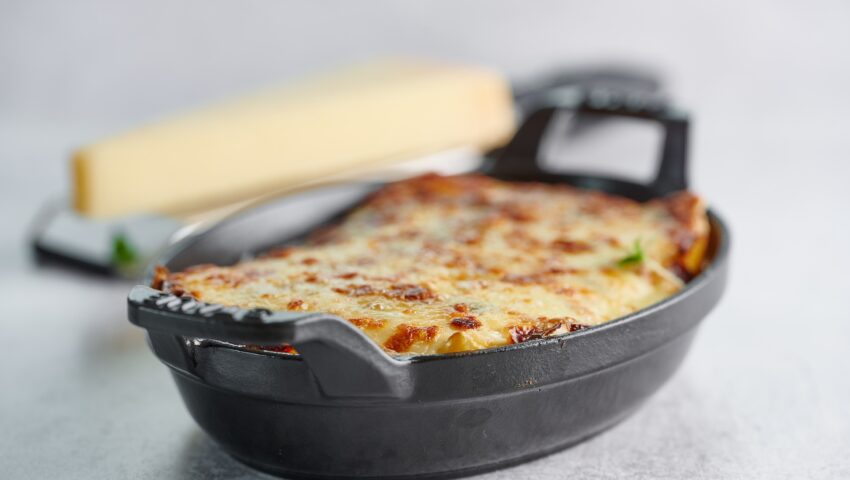Blogs
5 ways to save energy in your kitchen

It’s no secret that energy use is expensive not only on our wallets but also on the planet. Reducing our energy consumption can help us save money and decrease our reliance on harmful energy sources, such as fossil fuels, which contribute significantly to climate change.
Here are five simple ways to save money, reduce energy consumption, and help the planet by making small changes to your habits in the kitchen:
1. Consider your cooking options
Ovens consume much more energy than smaller cooking appliances like slow cookers and air fryers. When cooking for one or two people, consider the space the food requires and opt for appliances that match the portion size. The same applies to reheating food. Microwaves are great for reheating or cooking small portions quickly and efficiently. They heat the food directly instead of warming the air around it, as ovens do.
2. Defrost your freezer regularly
Did you know that regularly defrosting your freezer can reduce its energy consumption? Ice buildup makes the freezer work harder to maintain its set temperature. Defrosting regularly improves efficiency and reduces energy usage. Additionally, ensure the freezer seals are in good condition. Avoid placing it near heat sources or windows, and don’t overload it to maintain proper airflow.
3. Don’t overfill your kettle
Kettles use a lot of energy to bring water to a boil. Next time you make a cup of tea, try boiling only the amount of water you need. This simple habit can save energy over time.
4. Plan your defrosting
Rather than using the microwave to defrost food, plan ahead and let frozen items thaw on the counter or in the fridge. This method requires no extra energy and helps you stay organised in the kitchen.
5. Maximise your oven usage
As previously mentioned, ovens are not the most efficient option for small portions of food. To get the most out of your oven, consider cooking multiple dishes at once—starter, main, and dessert, or meals for the week. Additionally, remove any unused baking trays from the oven to ensure proper airflow and even heat distribution.
In summary
Saving energy in your kitchen doesn’t necessarily require expensive appliance upgrades. The five tips outlined here are simple, inexpensive ways to reduce your energy bill while doing your part to protect the planet. By turning these small changes into habits and sharing them with friends and family, we can collectively make a significant impact on emissions over time.
Bonus tip: The Wonderbag
If you’ve made it this far, let us introduce you to a South African non-electric slow cooker that uses heat-retention technology to cook food after it’s removed from heat.
It’s called the Wonderbag—a brilliantly simple way to reduce energy bills, save cooking time, and lower carbon emissions. Here’s how it works: after bringing your food to a boil, you place it inside the Wonderbag, close it with its drawstring, and let the food finish cooking for up to 8 hours.
This innovative technology, developed by Sarah Collins 15 years ago, provides a clean cooking solution that reduces time spent over the stove, minimises exposure to harmful fumes, and decreases energy dependency.
Find out more about this energy-efficient cooking technology on Wonderbag’s website: How it works | Wonderbag™





